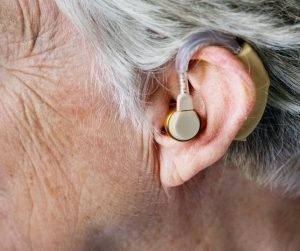We have found a guide that will assist you make simple, affordable changes you can make to support your elderly parents to continue living independently.
Ninety-five percent of elderly people living at home say they want to stay out of a nursing home as long as possible. Of course they do! Don’t we all want to live in our own homes?
Research related to healthy ageing clearly indicates that living at home has many social, economical, physical and psychological benefits.
The good news is that with the right help, it is possible to live at home despite frailty or disability. People can minimise the impact of the physical problems of ageing by getting fit and making simple changes in their home.
Before your loved one gets into trouble, check out these warning signs that may indicate they need help at home:
- The fridge is nearly empty or contains spoiled food
- Weight loss or poor diet
- Unopened mail is piling up, late payment notices
- The house isn’t as clean as organised as it usually is
- Noticeable decline in grooming habits and personal care
- Unexplained bruising
- Trouble getting up from seated position
- Difficulty walking, balance and mobility
- Uncertainty and confusion when performing once-familiar tasks
- Unpleasant body odour
- Infrequent showering and bathing
- Loss of interest in hobbies and activities
- Changes in mood or extreme mood swings
- Unexplained dents and scratches on the car
- Loss of interest in hobbies and activities
Download this Guide to assist you set up your parent’s home so it is safe.








